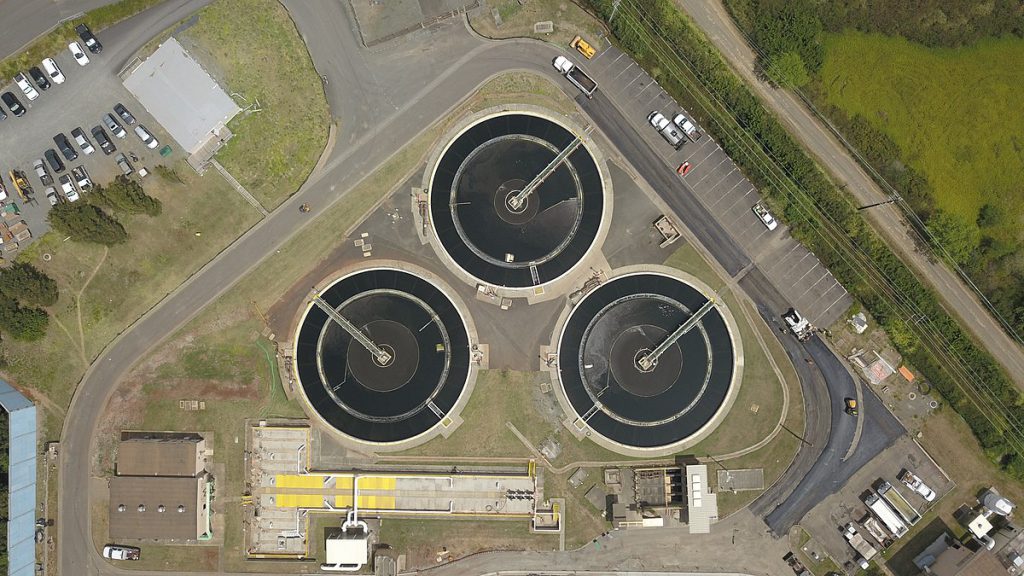
Wastewater detection for SARS-CoV-2 seems to be a hot topic these days (full disclosure, we recently submitted a grant recently to jump on this same bandwagon). This study “Temporal detection and phylogenetic assessment of SARS-CoV-2 in municipal wastewater” took place in Montana (USA). This study goes a bit further than the previous one by genome sequencing the virus and looking in more detail at that information. Seems mostly just a proof-of-principle study but more data showing the utility of this approach. Abstract below:
SARS-CoV-2 has recently been detected in feces, which indicates that wastewater may be used to monitor viral prevalence in the community. Here we use two different sampling methods to monitor SARS-CoV-2 in wastewater over a 17-day period and sequencing is used to infer viral ancestry. While SARS-CoV-2 is detected over the entire time course, viral RNA has been steadily decreasing over the last week, suggesting that state mandated social isolation is having a measurable impact on containment of the outbreak.

The real value #WBE (Wastewater-Based-Epidemiology) can be realized when it is combined with technologies such as #DETER allowing enhanced contact-tracing.
#COVID19 #DETER #EPIAPP #DTRT